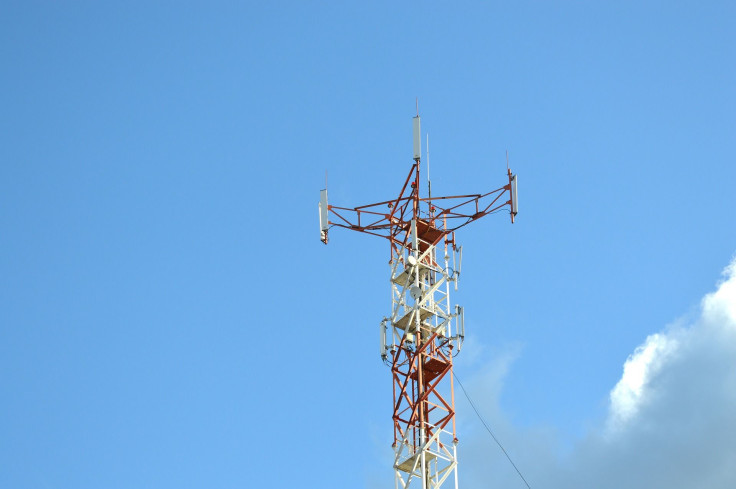U.S. Mobile Internet Speeds Lag Behind Most Of The World

While mobile carriers in the United States are starting to experiment with building out 5G networks intended to provide next-generation internet to mobile users, current network speeds place the country toward the back of the pack when compared to the rest of the world.
According to data collected by Open Signal as part of its quarterly “State of LTE” report, the U.S. ranks 62 out of 88 countries in 4G download speeds, with an average connection speed of 16.31 megabits per second (Mbps).
The average 4G network connection in the U.S. puts the country in the same grouping as Egypt, Peru, Morocco and Kazakhstan, with just 26 nations in the world scoring lower in terms of download speeds.
The U.S. also lags significantly behind the countries with the fastest download speeds. Singapore boasts the best 4G network in the world, producing download speeds of 44.31Mbps. South Korea, Norway and the Netherlands join Singapore as the only countries in the world to achieve an average download speed of faster than 40Mbps.
Where the United States does succeed is not in speed but in coverage. According to Open Signal’s extensive data, just over 90 percent of the U.S. has access to 4G connectivity, giving the country the fifth-best rate of coverage in the world. Only the Hong Kong, Norway, Japan and South Korea top the U.S. in terms of coverage, with South Korea topping the list at 97.49 percent availability.
According to Open Signal, most telecoms have shown more interest in expanding access rather than increasing speeds in recent years. “It's become quite clear that the global mobile industry is now focusing on expanding access to LTE signals to more people and places, rather than growing the raw speed of 4G networks. We saw significant increases in LTE availability across the board in our latest results,” the report read.
Open Signal noted that speeds have essentially topped out for most countries, especially those at the top of its list as the so-called “Holy Grail” of 50Mbps download speeds has remained elusive even for the most connected countries in the world. The U.S. was one of the few nations to see a noteworthy increase in speeds.
Still, the lack of speed in the U.S. is likely disheartening news for many consumers who continue to pay significant fees for mobile data—though the emergence of unlimited plans have helped to ease the costs.
The lagging figures when compared to the rest of the world are especially troubling given the Federal Communication Commission’s recent interest in evaluating the possibility of considering mobile networks to be broadband internet access.
Under Donald Trump-appointed chairman Ajit Pai, the commission has suggested access to a smartphone and mobile broadband networks could be considered a suitable substitute for cable or fiber internet.
By the FCC’s current standard for broadband—25Mbps for downloads and 3Mbps for uploads—the mobile connections available in the country fall well short. However, the FCC has also considered weakening the definition to just 10Mbps for downloads and 1Mbps for uploads, a change that would dramatically (albeit artificially) increase broadband access within the country.
© Copyright IBTimes 2024. All rights reserved.





















